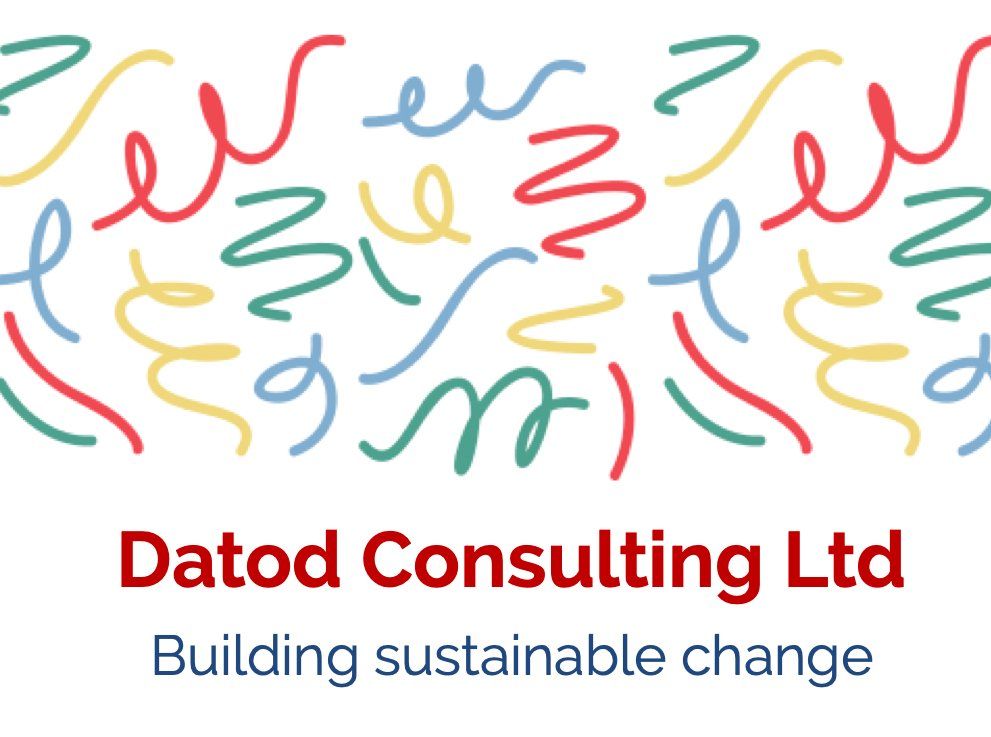When it comes to managing change in organisations there’s no end of help out there. There’s a stack of books sitting on my desk offering loads of great advice on how to make your latest change initiative really stick. You can even get a degree in change management, if that’s what you fancy.
But now and then something comes along that sheds light on what is holding back most change programs and how they could execute them far more effectively, with not a text-book in sight.
Recently insight came to me from the unlikely world of umm.. football.
I’m not a great follower of the sport, but recently there was a great example on how not to get what you want if need to make a change, and also one that was the complete opposite.
A few weeks ago, a consortium of 12 European football team attempted to launch a separate league, to in their words improve ” the quality and intensity
“ of the European game [1].
It back-fired to say the very least and was quickly abandoned after a barrage of fan, government and media anger at what was seen as simply an attempt to make money and further milk football fans of their cash.
The communication the clubs sent out was littered with all the correct phrases from the world of change management : “strategic vision
“, “ enhance value
” . How could it not fail ? But it did, spectacularly.
This catastrophic flop contrasted with another example of change management from the same world of the beautiful game, one that was a complete success.
In the summer of 2020 Marcus Rashford, a 23 year-old striker for the English club Manchester United was successful in his campaign to force the UK government to make a complete U-turn in providing free school meals for disadvantaged youngsters during the Covid pandemic [2]. His efforts and eventual success were lauded by fans, the media and ironically by the government itself.
These two examples were diametrically different in their ability to catalyse change. One failed. One succeeded.
So why did Rashford succeed when the financial might of 12 European clubs completely failed ?
Well, brushing off my change management tomes they would say that the clubs failed due to their inability connect with stakeholders and manage their expectations appropriately. They didn’t articulate adequately a “vision of the future” or simply don’t act as Change Leaders with a clear communication plan. And before anybody says they failed because they didn’t get the appropriate change management advice, I’m sure they did and paid a hefty price for the privilege.
For me the single reason for failure boils down to one item: Trust.
Trust
is hard to quantify. A number of individuals brighter than me have tried to measure it through what is called the Trust Equation [3] : T = C x R x I / S
In the case of the Rashford and the clubs this equation does hold up to some scrutiny.
Credibility is around having the experience or competence to deliver something. Rashford spoke lucidly about his personal experience with hardship as he grew up. In addition, he regularly volunteers in his local community and puts his values into practice.
What experience and credibility did the 12 clubs have to deliver a separate league, one in direct competition with the current order ?
Reliability
is about delivering what you say you will deliver. Week-in, week-out Rashford steps on to the pitch and scores goals. How does that compare with the reliability of football clubs in a world of changing managers, owners and excuses ?
Intimacy concerns the connection between an individual or organisation and those they want something from.
Certainly, the vulnerability that Rashford so openly showed in his letter to government arguing for change contrasted with the owners of the clubs, of which the majority did not have the decency to put their own names to the press communication.
Finally,
Self-Orientation, a measure of whether the activity is being pursued for personal gain or more altruistic reasons.
Rashford had nothing to personally gain from his initiative. The clubs had much to gain, particularly financially.
Whilst Rashford and the clubs had different audiences they were attempting to influence, the government and the sporting bodies respectively, both needed the support of the same group to get their change accepted; the fans.
Rashford was trusted by the fans. The football clubs were not.
Rashford succeeded. The football clubs did not.
All down to the currency of
trust.
You won’t find this attribute handily available in your change management tool-kit sadly.
Trust is hard to achieve, but easy to lose.
Trust is something that has to be earned.
So, for leaders wondering why your change strategies continue to fail, the simple question is:
Did you earn their
trust ?
[1] The European Super League Leading European Football Clubs Announce New Super League Competition 2021 https://thesuperleague.com/press.html
[2] Rashford, M. 2020 Marcus Rashford MBE on Twitter: "An Open Letter to all MPs in Parliament... https://t.co/GXuUxFJdcv
[3] Maister, D.H., Green, C. H. & Galford, R. H. 2002 The Trusted Advisor The Free Press, London.



